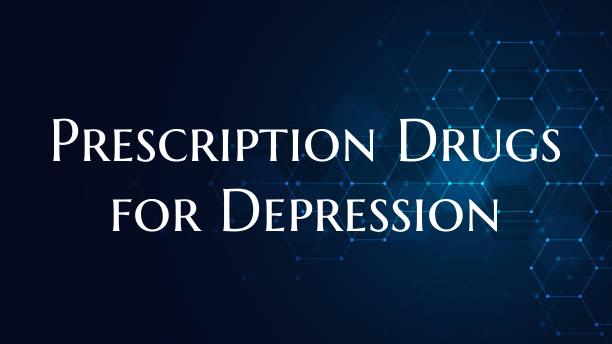
Prescription Drugs for Depression
Prescription Drugs for Depression: Understanding Your Options
Depression is a complex and challenging mental health condition that affects millions of people worldwide. While therapy, lifestyle changes, and self-care practices can be effective in managing depression, prescription drugs are also commonly used to help alleviate symptoms and improve overall well-being. Understanding the different types of prescription drugs available for depression can empower individuals to make informed decisions about their mental health treatment.
1. Antidepressants: Antidepressants are the most commonly prescribed type of medication for depression. There are several classes of antidepressants, including selective serotonin reuptake inhibitors (SSRIs), serotonin-norepinephrine reuptake inhibitors (SNRIs), tricyclic antidepressants, and monoamine oxidase inhibitors (MAOIs). These medications work by balancing neurotransmitters in the brain to improve mood and alleviate symptoms of depression.
2. SSRIs: SSRIs are often the first-line treatment for depression due to their relatively mild side effect profile. Medications like Prozac (fluoxetine), Zoloft (sertraline), and Lexapro (escitalopram) are commonly prescribed SSRIs that can help regulate serotonin levels in the brain.
3. SNRIs: SNRIs, such as Cymbalta (duloxetine) and Effexor (venlafaxine), work on both serotonin and norepinephrine levels in the brain. These medications may be prescribed when SSRIs have not been effective in treating depression.
4. Tricyclic Antidepressants: Tricyclic antidepressants, like Elavil (amitriptyline) and Tofranil (imipramine), are an older class of antidepressants that are sometimes prescribed when other medications have not been successful. They work by blocking the reuptake of neurotransmitters in the brain.
5. MAOIs: MAOIs are another class of antidepressants, such as Nardil (phenelzine) and Parnate (tranylcypromine), that are typically used as a last resort due to their risk of interactions with certain foods and medications. MAOIs work by inhibiting the enzyme monoamine oxidase, leading to increased levels of neurotransmitters in the brain.
6. Atypical Antidepressants: There are also atypical antidepressants, such as Wellbutrin (bupropion) and Remeron (mirtazapine), which work differently from the traditional classes of antidepressants but can be effective in treating depression.
It's important for individuals considering prescription drugs for depression to work closely with a healthcare provider to determine the most appropriate medication based on their specific symptoms, medical history, and potential side effects. It's also essential to communicate openly with your healthcare provider about any concerns or changes in how you are feeling while taking medication.
Remember that prescription drugs for depression are just one tool in managing the condition, and they are most effective when combined with therapy, lifestyle changes, and a strong support system. If you or someone you know is struggling with depression, seeking help from a mental health professional is a critical first step towards healing and recovery.